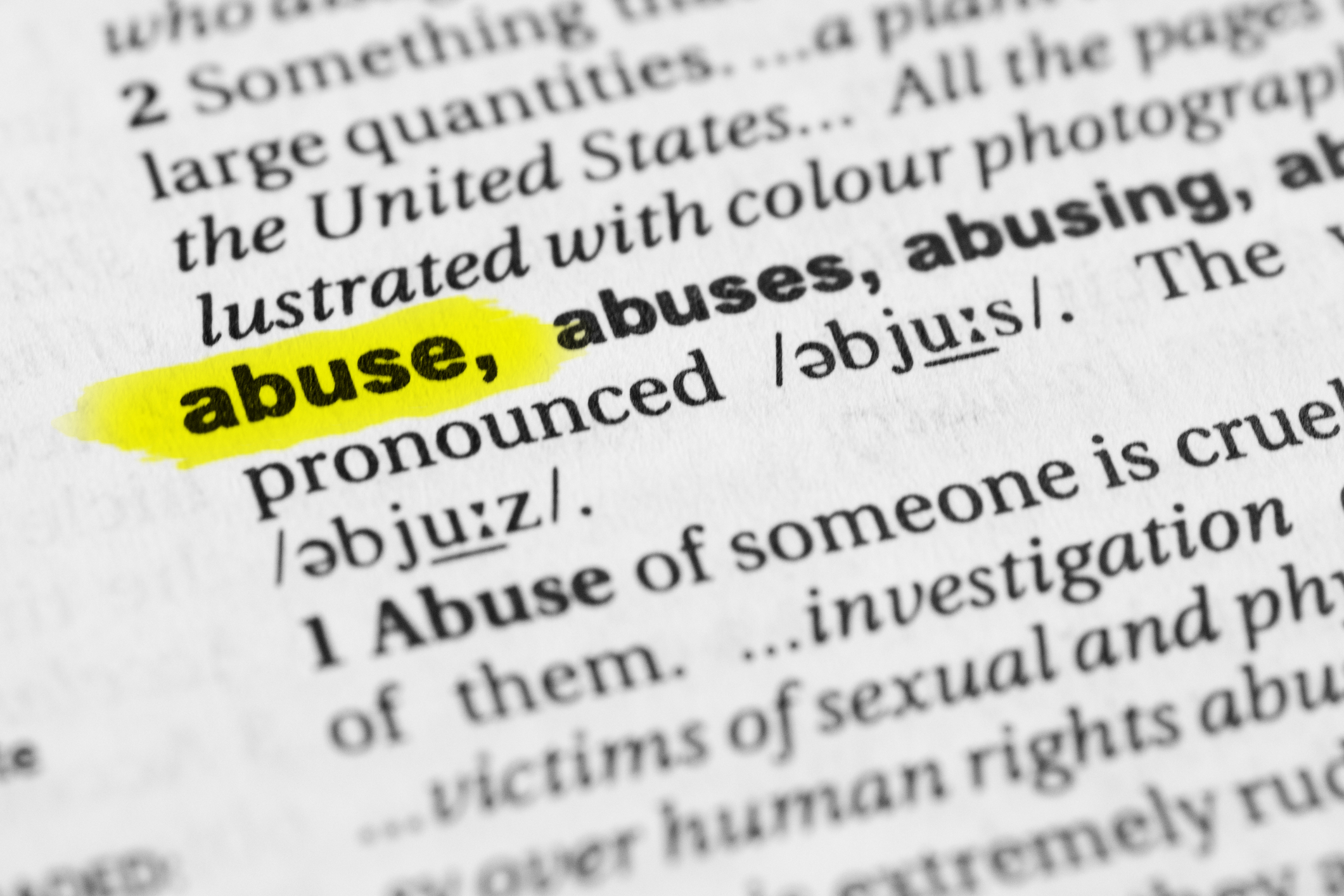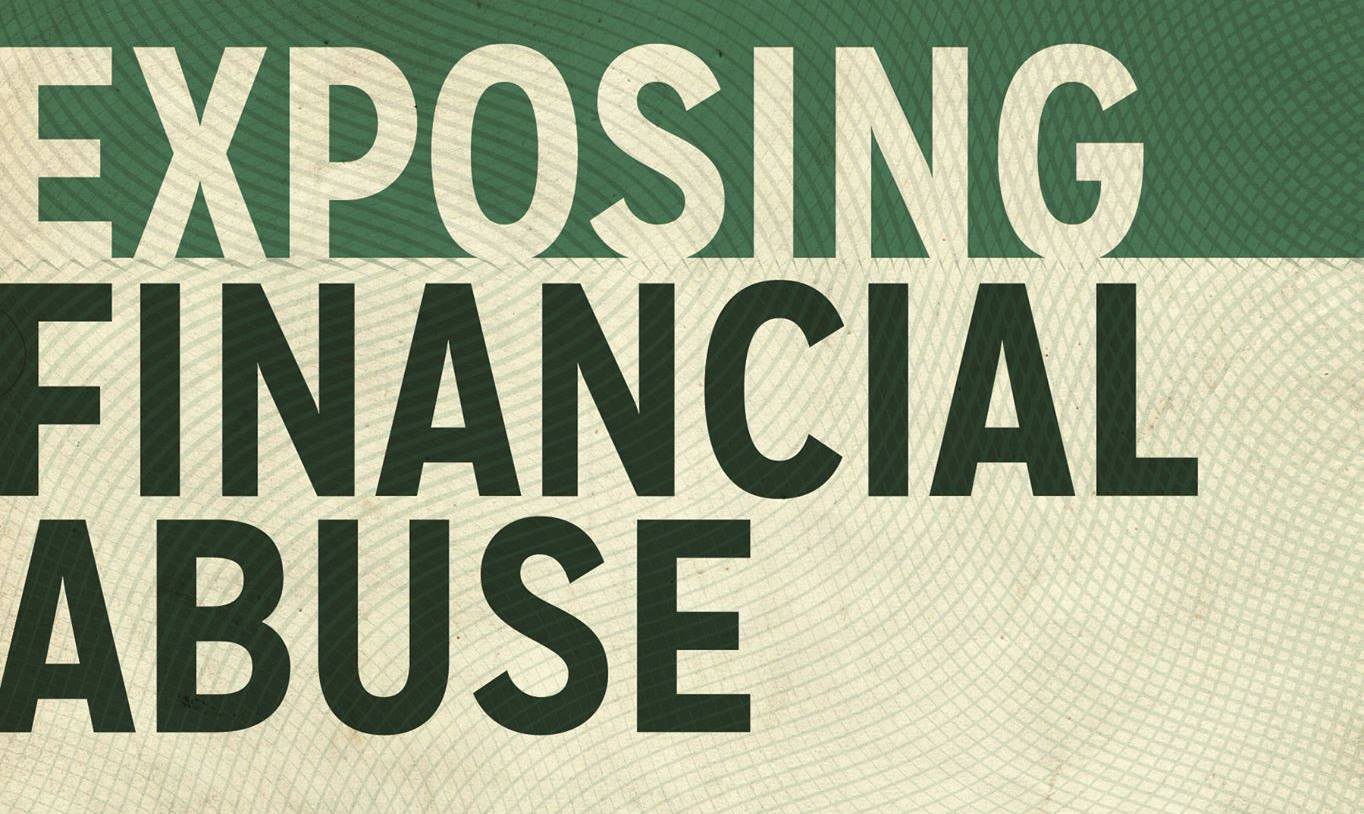Abuse Recovery, Healing from Hidden Abuse, Quality of Life, Relationships
1. What is a pathological liar? A pathological liar is someone who has made lying a regular habit. They can lie about both small, incidental topics, as well as create elaborate stories. The chronic need to lie about a vast genre of topics is what differentiates white...

Abuse Recovery, Healing from Hidden Abuse, Quality of Life, Relationships
It is common for victims of abuse to take on the responsibility for the abuse they received. This happens because the abuser deflects ownership of their own choices and the survivor begins to believe lies about themselves. To keep reading: visit Why do victims blame...

Abuse Recovery, Healing from Hidden Abuse, Quality of Life, Relationships
Understanding the distinct differences between emotional and psychological abuse is vitally important to survivors and their recovery. The underlying motivations of these two forms of harm are vastly different. Both types of abuse are extremely hurtful to the target...

Healing from Hidden Abuse, Relationships
Financial abuse. Economic harm. When money is used as a weapon within an intimate relationship. The conversation about exposing financial abuse is just now starting to get traction and we have a long way to go before this hidden form of relational abuse becomes widely...

Abuse Recovery, Family, Friends, Healing from Hidden Abuse, Quality of Life
With the release of the second book in the Healing from Hidden Abuse series, Exposing Financial Abuse: When Money is a Weapon, I have innocently been asked why this an important topic to cover. It’s a good question but one that, honestly, took me by surprise a...



